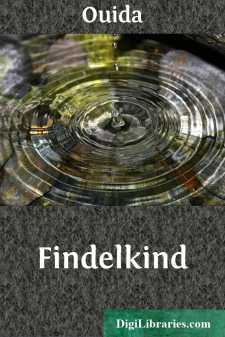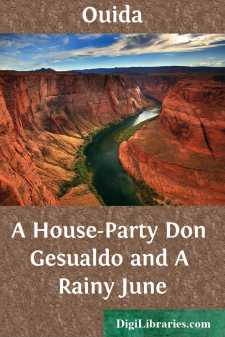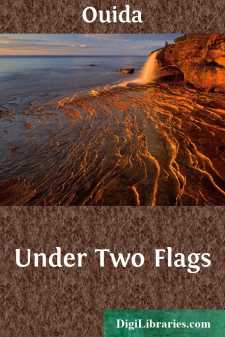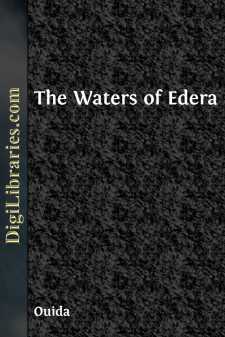Categories
- Antiques & Collectibles 13
- Architecture 36
- Art 48
- Bibles 22
- Biography & Autobiography 815
- Body, Mind & Spirit 144
- Business & Economics 28
- Children's Books 18
- Children's Fiction 14
- Computers 4
- Cooking 94
- Crafts & Hobbies 4
- Drama 346
- Education 58
- Family & Relationships 59
- Fiction 11829
- Games 19
- Gardening 17
- Health & Fitness 34
- History 1378
- House & Home 1
- Humor 147
- Juvenile Fiction 1873
- Juvenile Nonfiction 202
- Language Arts & Disciplines 89
- Law 16
- Literary Collections 686
- Literary Criticism 179
- Mathematics 13
- Medical 41
- Music 40
- Nature 179
- Non-Classifiable 1768
- Performing Arts 7
- Periodicals 1453
- Philosophy 65
- Photography 2
- Poetry 896
- Political Science 203
- Psychology 44
- Reference 154
- Religion 515
- Science 126
- Self-Help 85
- Social Science 82
- Sports & Recreation 34
- Study Aids 3
- Technology & Engineering 59
- Transportation 23
- Travel 463
- True Crime 29
Our website is made possible by displaying online advertisements to our visitors.
Please consider supporting us by disabling your ad blocker.
Findelkind
by: Ouida
Description:
Excerpt
FINDELKIND
There was a little boy, a year or two ago, who lived under the shadow of Martinswand. Most people know, I should suppose, that the Martinswand is that mountain in the Oberinnthal, where, several centuries past, brave Kaiser Max lost his footing as he stalked the chamois, and fell upon a ledge of rock, and stayed there, in mortal peril, for thirty hours, till he was rescued by the strength and agility of a Tyrol hunter,—an angel in the guise of a hunter, as the chronicles of the time prefer to say.
The Martinswand is a grand mountain, being one of the spurs of the greater Sonnstein, and rises precipitously, looming, massive and lofty, like a very fortress for giants, where it stands right across that road which, if you follow it long enough, takes you through Zell to Landeck,—old, picturesque, poetic Landeck, where Frederick of the Empty Pockets rhymed his sorrows in ballads to his people,—and so on by Bludenz into Switzerland itself, by as noble a highway as any traveller can ever desire to traverse on a summer's day. It is within a mile of the little burg of Zell, where the people, in the time of their emperor's peril, came out with torches and bells, and the Host lifted up by their priest, and all prayed on their knees underneath the steep, gaunt pile of limestone, that is the same today as it was then, whilst Kaiser Max is dust; it soars up on one side of this road, very steep and very majestic, having bare stone at its base, and being all along its summit crowned with pine woods; and on the other side of the road are a little stone church, quaint and low, and gray with age, and a stone farmhouse, and cattle-sheds, and timber-sheds, all of wood that is darkly brown from time; and beyond these are some of the most beautiful meadows in the world, full of tall grass and countless flowers, with pools and little estuaries made by the brimming Inn River that flows by them; and beyond the river are the glaciers of the Sonnstein and the Selrain and the wild Arlberg region, and the golden glow of sunset in the west, most often seen from here through the veil of falling rain.
At this farmhouse, with Martinswand towering above it, and Zell a mile beyond, there lived, and lives still, a little boy who bears the old historical name of Findelkind, whose father, Otto Korner, is the last of a sturdy race of yeomen, who had fought with Hofer and Haspinger, and had been free men always.
Findelkind came in the middle of seven other children, and was a pretty boy of nine years, with slenderer limbs and paler cheeks than his rosy brethren, and tender dreamy eyes that had the look, his mother told him, of seeking stars in midday: de chercher midi a quatorze heures, as the French have it. He was a good little lad, and seldom gave any trouble from disobedience, though he often gave it from forgetfulness. His father angrily complained that he was always in the clouds,—that is, he was always dreaming, and so very often would spill the milk out of the pails, chop his own fingers instead of the wood, and stay watching the swallows when he was sent to draw water....









